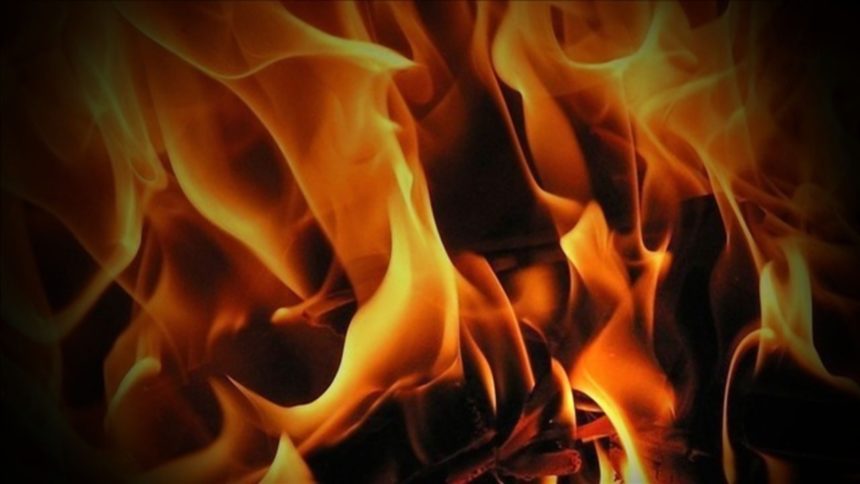Refrain from nonessential open burning

BOISE, Idaho (KIFI/KIDK) — Idaho officials are asking you to refrain from all nonessential open burning activities as communities respond to the spread of the novel coronavirus that causes COVID-19.
COVID-19 affects the respiratory system (nose, throat, and lungs) and gastrointestinal system, and it can cause asthma attacks and can lead to pneumonia and acute respiratory distress. People with asthma are recommended to avoid asthma triggers such as smoke from burning wood or other plants.
Smoke from open burning can cause unnecessary public health and safety concerns and impact local service providers:
- Smoke inhalation can cause upper respiratory symptoms, which could be incorrectly attributed to COVID-19.
- Smoke exposure impacts can lead to unnecessary testing or self-isolation.
- First responders and other emergency services are operating at a reduced capacity and have limited resources to respond to out-of-control burns.
- Personal protective equipment to reduce smoke exposure is not readily available at this time.
- Local officials may have already prohibited open burning in your area.
To avoid additional health impacts, officials say you should take standard preventative measures to protect your health from smoke exposure and refrain from residential open burning (tree limbs, leaves, yard trimmings, garden waste, burn barrels and fire pits) and other nonessential open burning activities until further notice.
If open burning is essential, please follow best smoke management practices, and prior to burning, contact your local fire agency and click HERE to verify open burning is allowed.
DEQ, IDL, and DHW encourage the public to use alternative burning options:
- Lawn mulching—Leave grass clippings on your lawn to add nutrients back into the soil and improve lawn health.
- Composting—Compost yard waste to recycle organic material and add nutrients back into the soil.
- Chipping—Add chipped brush, pruning, or wood waste to your compost pile or soil to increase nutrient content.
- Curbside pickup—Collect and separate yard waste, organic material, and recyclables and set out for curbside collection. Check with your local government or waste management company for local services.
- Landfills—Many landfills offer free or reduced fees for yard waste.
